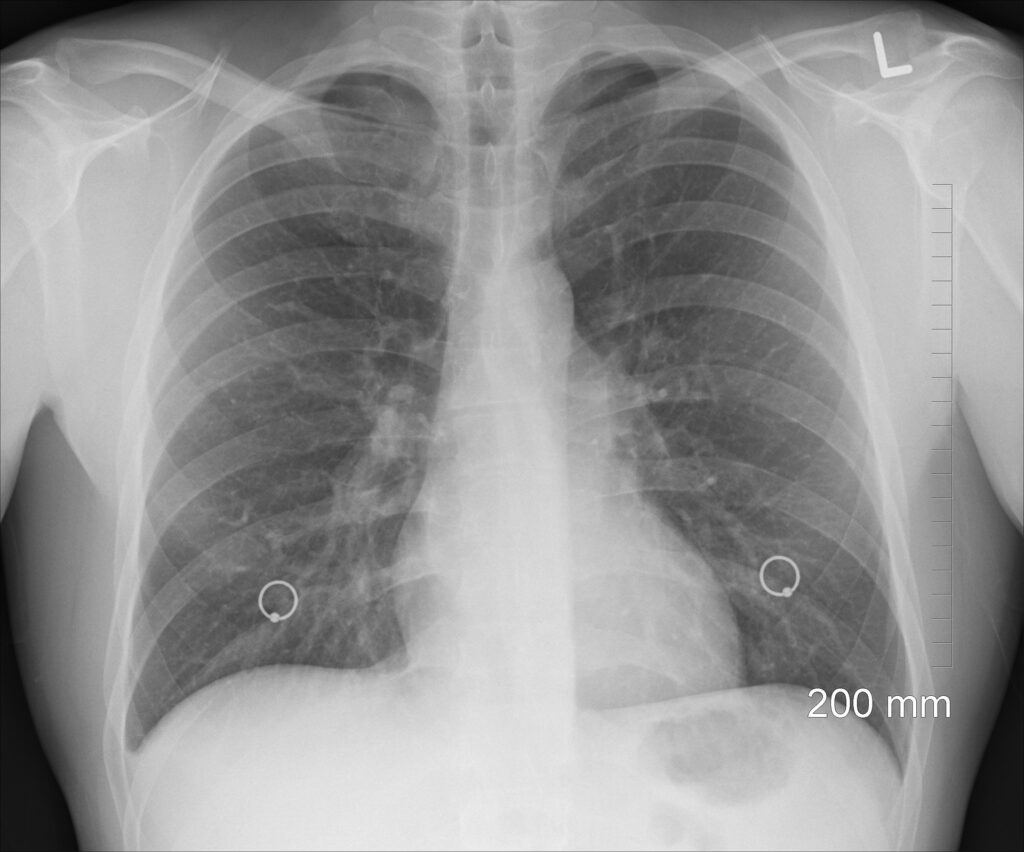Arthritis Pill Stops Type 1 Diabetes in Its Tracks!”
“Breakthrough Treatment: Arthritis Pill Could Revolutionize Type 1 Diabetes Management”
Have you heard the exciting news? A groundbreaking trial suggests that a commonly-prescribed pill for rheumatoid arthritis, known as baricitinib or Olumiant, might just be the game-changer in the management of type 1 diabetes.
Let’s see the details of this revolutionary study and what it means for those living with type 1 diabetes.
 Key Findings: The trial revealed promising results, raising hopes that individuals diagnosed with type 1 diabetes could see a significant reduction in their reliance on insulin injections. It seems that starting treatment with baricitinib soon after diagnosis could preserve the body’s ability to produce insulin naturally.
Key Findings: The trial revealed promising results, raising hopes that individuals diagnosed with type 1 diabetes could see a significant reduction in their reliance on insulin injections. It seems that starting treatment with baricitinib soon after diagnosis could preserve the body’s ability to produce insulin naturally.
What Does This Mean for Patients? Imagine needing fewer insulin injections or lower doses of insulin to manage your diabetes effectively. This could mean a considerable improvement in the quality of life for individuals with type 1 diabetes. With reduced insulin dependency, the risk of long-term complications such as kidney failure and hypoglycemia could also be minimized.
Why Is This Treatment Different? Unlike other treatments currently being tested for type 1 diabetes, baricitinib offers a unique advantage—it’s taken orally as a daily pill. This mode of administration could make treatment more accessible and convenient, especially for children and adolescents newly diagnosed with the condition.
Cost and Availability: While the cost of the treatment for type 1 diabetes is uncertain, in the UK, it’s approximately £10,000 a year for arthritis. Despite this, experts are hopeful that baricitinib could become available for type 1 diabetes within the next three to five years, given its existing use and safety data in arthritis treatment.
 How Does Baricitinib Work? Baricitinib operates by blocking an enzyme involved in regulating the immune system and inflammation. By doing so, it helps dampen the immune response against insulin-producing cells, delaying the progression of type 1 diabetes and improving glucose control.
How Does Baricitinib Work? Baricitinib operates by blocking an enzyme involved in regulating the immune system and inflammation. By doing so, it helps dampen the immune response against insulin-producing cells, delaying the progression of type 1 diabetes and improving glucose control.
Trial Details: During the trial, researchers monitored 91 participants aged between 10 and 30 years old over the course of one year. Sixty participants were given baricitinib, while 31 received a placebo. All participants continued their prescribed insulin therapy throughout the study.
Expert Opinions: Experts not involved in the research have hailed the findings as incredibly promising. By targeting the root cause of type 1 diabetes—an immune system attack—baricitinib could shield the pancreas and enable individuals to produce more insulin for longer periods.
The Road Ahead: While the trial results are undoubtedly exciting, further research and clinical trials are needed to confirm the efficacy and safety of baricitinib as a treatment for type 1 diabetes. Nevertheless, the potential impact of this breakthrough cannot be overstated.
 In Conclusion: The prospect of a pill that could transform the lives of individuals with type 1 diabetes is truly remarkable. With continued advancements in medical research and innovation, we may be on the cusp of a new era in diabetes management—one that offers hope, convenience, and improved outcomes for millions around the world. Let’s stay tuned for more developments on this groundbreaking treatment.
In Conclusion: The prospect of a pill that could transform the lives of individuals with type 1 diabetes is truly remarkable. With continued advancements in medical research and innovation, we may be on the cusp of a new era in diabetes management—one that offers hope, convenience, and improved outcomes for millions around the world. Let’s stay tuned for more developments on this groundbreaking treatment.
In summary, the trial results represent a significant advancement in type 1 diabetes treatment and offer hope for improved management and potentially reduced long-term complications for patients. However, further research and clinical trials will be necessary to confirm the efficacy and safety of baricitinib as a treatment for type 1 diabetes.




